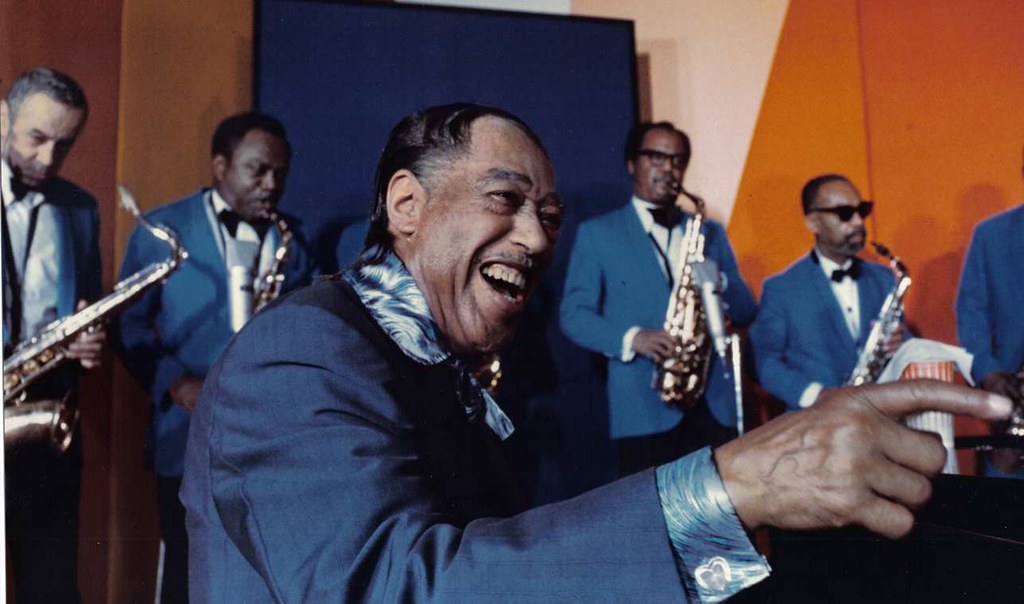“The wise musicians are those who play what they can master.”
-Duke Ellington
The Musician’s Way, p. 14
We veteran musicians know that our creativity blossoms when we perform music that fits our style and technique.
Students, though, often attempt to perform repertoire that’s beyond their reach, resulting in anxiety, disappointment, and even injury.
To help students and their teachers make wise repertoire choices, I’ve identified 3 selection criteria, all of which I expand on in The Musician’s Way.
3 Criteria for Choosing Student Repertoire
1. Taste
First and foremost, students should learn repertoire that excites them and through which they can express their true selves, regardless of whether they’re beginners or near-pros.
Aspiring artists shouldn’t be stuck with dull music because there are plenty of fine published compositions suited to diverse levels. What’s more, appealing music motivates us to practice.
Bear in mind that I’m talking about repertoire to be performed.
When choosing etudes and exercises, taste comes second to utility because we select that sort of material to help us overcome weaknesses or break through technical barriers – public performance isn’t the objective. Even so, the best etudes resonate with both utility and beauty.
“Aspiring artists shouldn’t be stuck with dull music.”
2. Capacity
Our musical capacities depend on a combination of our technical and musical abilities plus our available practice time.
Titles that lie within our capacities don’t overtax our mental or physical powers, and we can generally master them in a few days to a few weeks doing our typical amount of practice.
“Titles that lie within our capacities don’t overtax our mental or physical powers.”
3. Plans
Along with weighing taste and capacity, repertoire choices should align with musicians’ short and long-term goals.
Students who want to put together concert programs, do well to choose titles that contrast with pieces from their core repertoires and will excite their target audiences. Other students might opt for material that meets audition requirements or enables them to explore less-familiar genres.
Students who need to build performance skills, though, or who have histories of performance anxiety, should opt for especially accessible repertoire – pieces that are exceedingly easy for them to execute. In that way, they can cultivate their practice habits, learn titles promptly, and focus on gaining confidence and artistry via practice performances.
After students possess secure practice, interpretive, and performance skills, it makes sense for them to select repertoire that stretches their capacities, provided that they also maintain sizable repertoires of accessible pieces that they perform often, refining their on-stage skills in the process.
Again, vast numbers of students unwisely tackle grueling music. Ensure that the music you perform fits your long-term plans and your current abilities such that you can comfortably present it in front of an audience.
“Students often attempt to perform repertoire that’s beyond their reach, resulting in anxiety, disappointment, and even injury.”
* * *
In sum, when students opt for repertoire that matches their taste, capacity, and plans, the music they learn nurtures not only their abilities and careers but also their souls.
See The Musician’s Way for inclusive guidelines to develop artistic practice and performance skills.
Related posts
The Benefits of Accessible Music
Maintaining Repertoire
Optimizing Practice Time
Reviving Old Repertoire
Upgrading Your Practice Habits
© 2013 Gerald Klickstein
Photo by Louis Panassié, 1971, GFDL


